
Want to boost your conversational Persian vocabulary? This guide will help you improve your small talk so you can start conversations in Persian more easily and better.
Small talk is the polite kind of chat that strangers, colleagues, and friends use in native Persian conversations to greet each other, get conversations started, and get to know more about each other.
Best Farsi Learning Resource!
Greetings

Most conversations in Persian, and in many languages around the world, begin with a greeting. In Persian, you’ll find formal and informal greetings that can be used in various situations.
Formal ways to greet someone include:
سلام: Hello
از دیدن شما خوشحالم: It’s a pleasure to meet you
صبح بخیر/ عصر بخیر/ شب بخیر: Good morning/afternoon/evening
خوب هستی؟: Are you ok?
Some informal greetings:
چطوری؟: How’re you?
خوش میگذره؟: it is going well?
کجا بودی؟: where were you?
چه خبر؟ – this is an informal way to say: how are you?
Questions

Questions are an important part of conversational Persian. Actually, It’s polite to ask about another person, to find out more about them, and to get to know them.
Generally, when people start a conversation in Persian with someone they know it’s polite to enquire about how the other person is.
اوضاع چطوره؟: How’s it going?
سلام. چطوری؟: Hi, how are you?
روز خوبی داشتی؟: Did you have a good day?
روز شلوغی دارید؟: Having a busy day?
زندگی چطوره؟: How’s life?
همه چیز خوبه؟: How’s everything?
And there are some basic questions in Persian conversation that you can ask anyone, anywhere.
اسم شما چیه؟: What’s your name?
کجا زندگی می کنید؟: Where do you live?
شما اهل کجا هستید؟: Where are you from?
چی کار میکنی؟: What do you do?
The type of questions you ask someone in a conversation depends on various factors and situations.
How well you know the person

You would speak more formally to someone you’ve never met, to someone older than you, or to a work colleague. You would speak more casually to a best friend, and to people in your own age group.
Actually, it’s a good idea to wait until someone speaks casually with you before you speak casually with them. Maybe you find that people will begin to use casual greetings with you over time, as you get to know each other better.
Someone you’ve just been introduced to:
!از دیدن شما خوشبختم: Nice to meet you!
!از دیدار با شما خوشبختم: Pleased to meet you!
شما دو نفر چطور یکدیگر را می شناسید؟: How do you two know each other?
شغل شما چی هست؟: Whats your job?
چند وقت است که شما این کار را انجام می دهید؟: How long have you been doing that?
Someone you haven’t seen for a while:
حالت چطوره؟: How are you keeping?
اخیراً چه کاری انجام داده اید؟: What have you been doing lately?
خانوادت چطور هستند؟: How’s your family?
!کم پیدا هستی: Long time no see!
- Learn Farsi in 100 Days: The Ultimate Crash Course to Learning Farsi Fast
- Read and Write Persian Language in 7 Days
- Farsi Conversation: Learn the Most Common Words and Phrases Farsi Speakers use Every Day
- 200 Absolutely Essential Persian Verbs
Where you are

If you meet in the workplace, maybe you want to talk more formally. If you meet in a more casual environment, like at a ceremony, at a concert, or at the theatre you can talk more casually too.
Wherever you meet someone, you can talk about something you have in common. For example, if you’ve met at a ceremony you could ask:
نوشیدنی میل داری؟: do you want a drink?
من این آهنگ را دوست دارم – آیا این نوع موسیقی را دوست داری؟: I like this song – do you like this kind of music?
Answers

It’s polite to ask a person some questions about themselves when you meet them, but actually it’s also important to respond to questions they’ve asked you and this helps to keep the conversation flowing.
In fact, you can combine your answers with follow-up questions based on information the other person is giving you. For example, if someone mentions they used to live in Tehran, you could say:
تو در تهران زندگی می کردی؟ چه مدت آنجا زندگی کردی؟: You lived in Tehran? How long did you live there?
من هرگز به تهران نرفته ام. از زندگی در آنجا لذت بردی؟: I’ve never been to Tehran; did you enjoy living there?
.من عاشق سفر به تهران هستم: I love traveling to Tehran.
One of the polite and easy way to respond is mirroring, or repeating some of the things the other person has said to you or asked you. For example:
سلام ، من رضا هستم. از ملاقات با شما خوشحال هستم: Hi, I’m Reza. It’s nice to meet you
سلام من سامان هستم. من هم از ملاقات با شما خوشحال هستم: Hi, I’m Saman. It’s nice to meet you too
سلام ، من رضا هستم. از مراسم لذت می برید؟: Hi, I’m Reza. Are you enjoying the ceremony?
سلام من سامان هستم بله، عالی بوده است! آیا شما هم از آن لذت می برید؟: Hi, I’m Saman. Yeah, it’s been great! Are you enjoying it too?
Listening tips

Having a conversation outside of the classroom can be more challenging, but please don’t give up! The more practice you have in the real world the better, and Persian speakers will be happy to help you.
The next tip is when you’re listening to someone during a conversation focus on the words you recognize and understand more than the words you don’t.
You can practice by listening to conversations native Persian speakers have with each other on the radio, in interviews online, in Iranian movies, TV shows, and more. Listen out for useful questions and Persian expressions you can use in your own conversations in the future.
Special Offers
by: Learn Persian Online Team about (category: Blog)
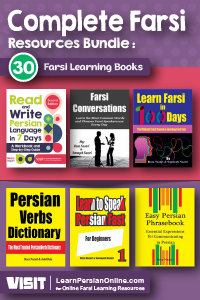

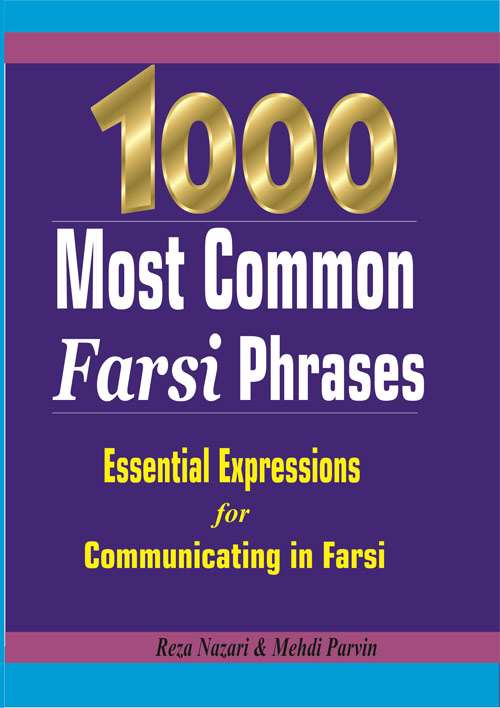

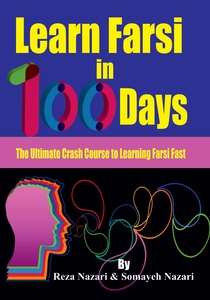






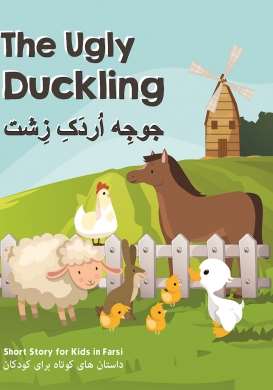
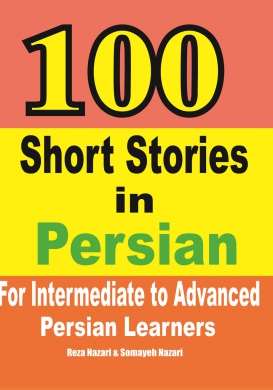




What people say about "How to start a conversation in Persian"?
No one replied yet.